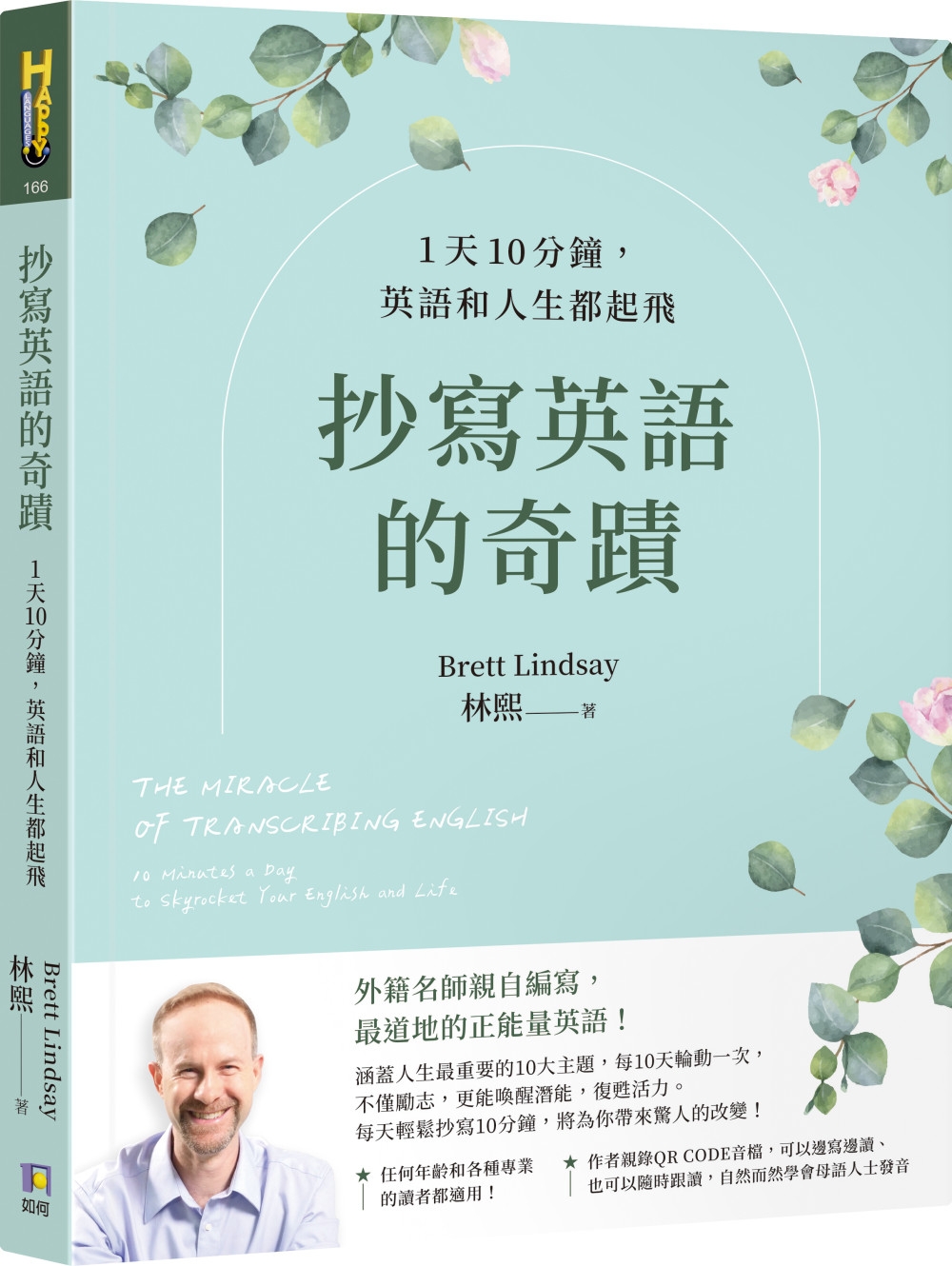This book assesses landmark empirical studies, state capture concerns, corruption, and fraud in South Africa’s public sector and thereby reflect on issues of accountability and ethics as cornerstones of governance.
Bringing together some of the best minds about corruption, ethics, and governance from a multidisciplinary perspective, the book pushes critical thinking to interrogate interventions that could stamp out and stop the rot of corruption in society. The book investigates the behaviours of officials and politicians engaging in acts of corruption and considers how state institutions have been captured and corrupted by these people. Considering South Africa’s historical and regional context, the book also considers the role of watchdogs, auditors, and public opinion. In suggesting mechanisms for combating and preventing corruption, the book ultimately advocates for long-lasting preventive interventions instead of current short-lived and costly approaches to combating corruption.
Combining original case studies, empirical work, and some comparisons in Zimbabwe and Botswana with South Africa, this book will be of interest to students, researchers, and policymakers working on corruption, ethics, and governance from the context of public administration and law.

 看圖書介紹
看圖書介紹










